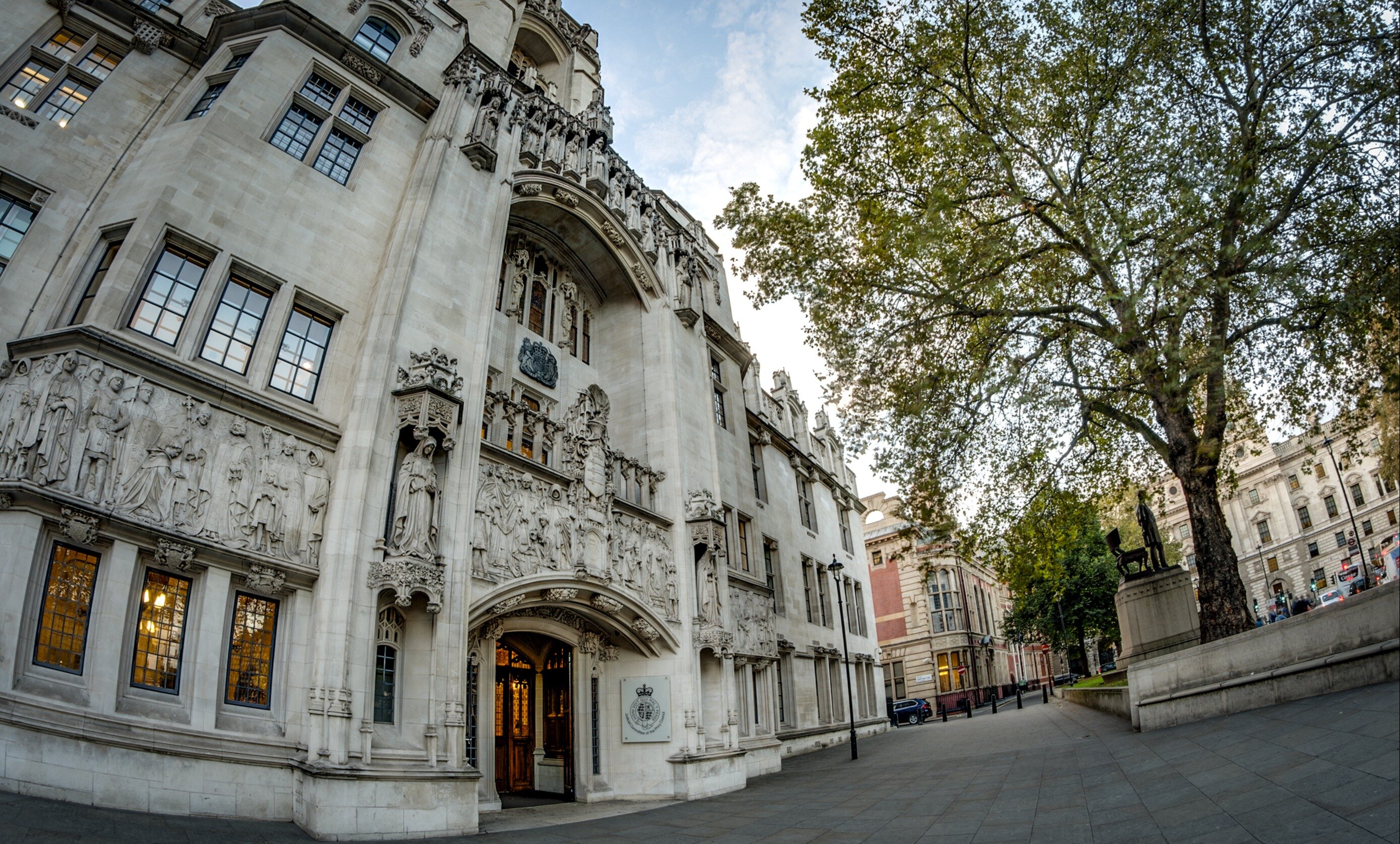Hospitality sector policyholders dine out on Wolseley legal triumph
Jonathan Samuelson of Harris Balcombe LLP discusses the ramifications of the recent decision in Corbin & King Ltd v Axa, in which his firm represented the successful claimants.
In a decision welcomed by many in the beleaguered hospitality sector, the restaurant group Corbin & King, which owns the well-known brands the Wolseley and the the Delaunay, achieved a resounding success in its claim against Axa for business interruption losses suffered as a result of Covid-19.
The case concerned the extent of the cover provided by the Non Damage Denial of Access (“NDDA”) clause in a combined insurance policy issued by Axa for the period 12 November 2019 to 11 November 2020.
The two key issues were:
A) whether the NDDA clause provided cover for loss resulting from restrictions on access to the claimants’ premises under government regulations passed in response to the Covid-19 pandemic in the course of 2020; and
B) if the NDDA clause did provide cover, whether there was a single limit of £250,000 in respect of all premises for any one claim, or a limit of £250,000 for each of the premises.
The test cases
The background to the claim is provided by the FCA Test Cases in the Divisional Court and the Supreme Court.
At first instance, the Divisional Court held that the majority of NDDA clauses did not respond to Covid-19 claims, because the cover was triggered by local events within a defined radius, and the pandemic was not a local event.
In the Supreme Court, however, although the NDDA clauses were not specifically appealed, the analysis of what triggered cover under different types of clauses left the door open for properly constructed NDDA clauses to respond. This is because of the Supreme Court’s approach to the issue of causation. The Supreme Court held that the Government measures were taken in response to information about all the cases of Covid-19 in the country as a whole and, as such, the situation was one in which “all the cases were equal causes of the imposition of national measures”.
The claim against Axa
The judge’s application of that reasoning in the Corbin & King judgement is cause for optimism for policyholders in potential business interruption claims caused by Covid-19. In the judge’s view, the decision of the Supreme Court had “moved the goalposts” when considering the scope of cover provided by NDDA clauses, for the following reasons:
The Axa NDDA clause provided cover where:
access to your premises is restricted or hindered… arising directly from:
• the actions taken by the police or any other statutory body in response to a danger or disturbance at your premises or within a 1 mile radius of your premises
• unlawful occupation of your premises by third parties.
It was agreed between the parties that Corbin & King’s premises had been forced to close twice due to Government imposed Covid-19 regulations, and that there was an enforced closing time of 10.00pm from 4 September 2020.
Applying the logic of the first FCA test case, Axa nevertheless rejected the business interruption claim on the basis that the clause only provided a narrow and localised cover, in respect of a “danger or disturbance” that was specific to the locality.
Corbin & King argued that the NDDA clause provided cover because there were cases of COVID-19 within a one-mile radius of each of its premises. Applying the Supreme Court’s reasoning with regard to causation, it argued that actual cases within the radius, together with actual cases elsewhere in the UK, were the cause of the government’s decision to impose the Covid regulations. Consequently, there was a restriction of access to the premises and coverage was triggered, because each case of Covid-19 was of equal causal potency and a concurrent cause of the government intervention.
The judge agreed with Corbin & King, and held that Covid-19 is capable of being a danger within a one mile radius of the premises. These individual “dangers”, taken together, were what forced the government to act.
As to the amount of the claim, the main issue was if Corbin & King was entitled to an indemnity of up to £250,000 for each of the times access was restricted at each of its premises. This would entitle it to claim up to £750,000 for each premises.
The judge concluded that it was a composite policy and sided with Corbin & King – it was entitled to claim £250,000 in respect of each premises for each claim (i.e. for each one of the three restrictions).
The future
NDDA clauses are common in most forms of commercial insurance, and particularly so in policies held by businesses operating within the hospitality sector. The Corbin & King judgment thus opens up the possibility of many more businesses recovering under claims that were previously refused. Axa have now announced that they are NOT appealing against the Court’s decision.
Corbin & King Ltd and its subsidiaries were represented by Jonathan Samuelson of Harris Balcombe LLP. The legal team comprised Roger Franklin of Edwin Coe LLP and Jeffrey Gruder QC of Essex Court Chambers.
Harris Balcombe are currently acting for 1,700 policy holders with Covid BI claims. Since the Corbin & King judgement many more claimants have contacted us and we are now reviewing the cover they have in place to ascertain whether they too can claim – location by location and lockdown by lockdown.
We would be very pleased to hear from you as well. There is no commitment at all. Please call Jonathan Samuelson on 07721 615141 or Alex Balcombe on 07714 674949 for a chat.
Photo: Victor Moussa/Shutterstock.com




















